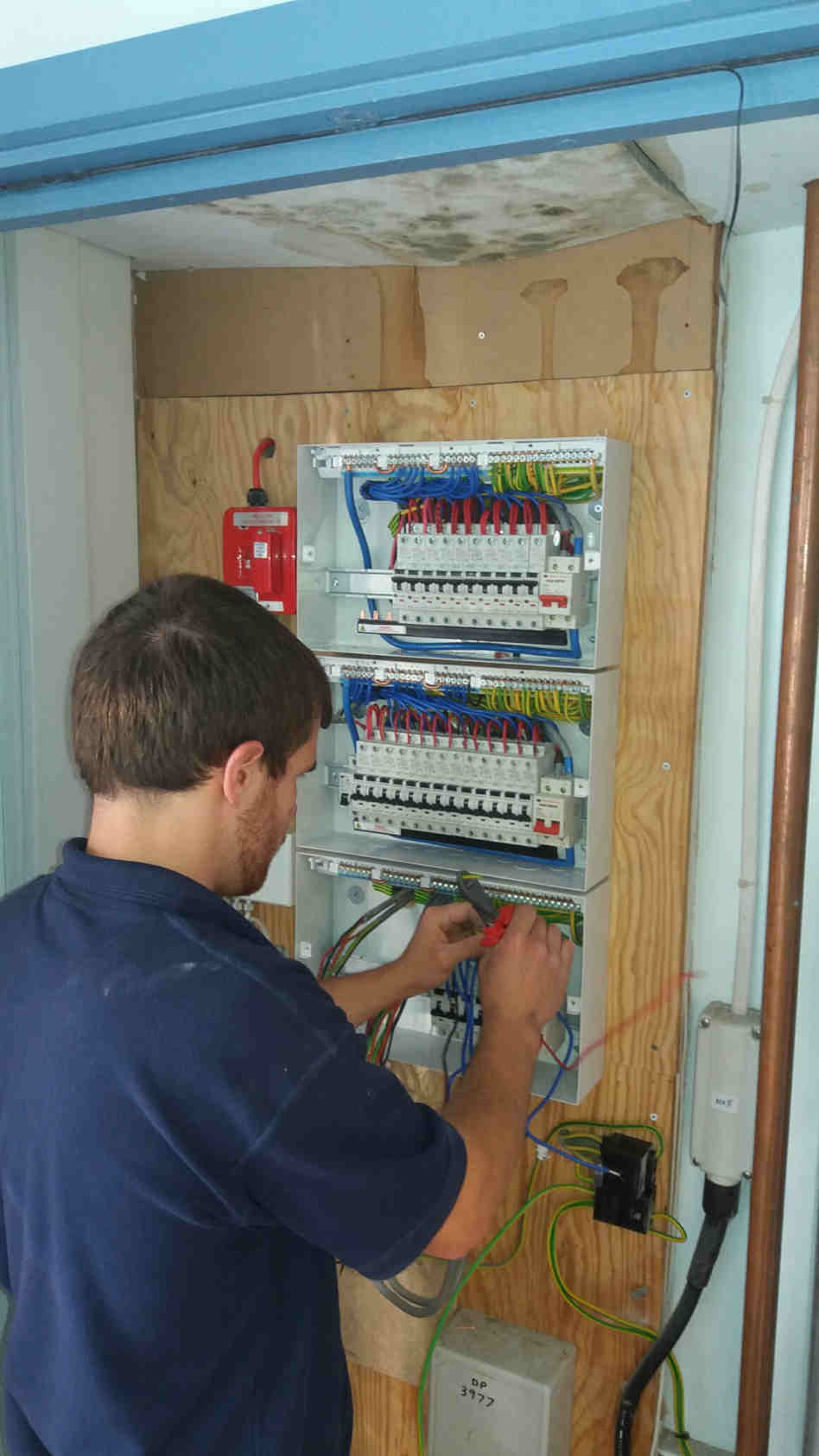Electrical Testing & Inspection
- Electrical Installation Condition Report (EICR)
- C1: Immediate danger present (requires urgent action).
- C2: Potentially dangerous (requires prompt attention).
- C3: Improvement recommended (non-urgent).
- FI: Further investigation required.
- Homeowners
- Home buyers
- Landlords (domestic and commercial)
- Commercial tenants
- Commercial property owners
- Before purchasing a property to assess its electrical condition.
- To meet legislative requirements for landlords (domestic and commercial).
- Rented Properties: Typically valid for 5 years.
- Homeowners: Typically valid for 10 years.
- Commercial Properties: Validity varies, with a maximum of 5 years.
- Fines from local authorities.
- Invalidated insurance policies.
- Increased risk of electrical fires or injury.
- Minor Electrical Installation Works Certificate (MEIWC)
- Installing or replacing electrical outlets and switches.
- Adding new sockets / lights
- Repairing minor wiring issues.
- Electrical Installation Certificate (EIC)
- Replacing a consumer unit (fuse box).
- Installing a new electrical circuit.
- Performing wiring work in notifiable locations, such as bathrooms or outdoor areas.
- Building Control Compliance Notice
- Complete the work to the required standards.
- Issue the appropriate certificate (MEIWC, or EIC).
- Notify Building Control on your behalf when necessary.
An EICR assesses the safety and condition of fixed electrical installations, including wiring, plug sockets, light fittings, and the consumer unit (fuse box). It also covers permanently connected equipment, such as showers and extractors. The inspection identifies potential hazards, defects, deterioration, or damage and evaluates compliance with current safety standards.
Fault Classifications:The report concludes with a Satisfactory or Unsatisfactory outcome, helping you prioritise necessary repairs.
Who Needs an EICRAn EICR is recommended or required for:
Examples of When an EICR is Needed:
Validity Periods for EICRs:
Consequences of Ignoring an EICR: An EICR is an official document. Failing to address an Unsatisfactory report may lead to:
Cost of an EICR:
Costs depend on the number of consumer units (fuse boxes) and circuits. Contact us for a tailored quote before the inspection.
The MEIWC, often referred to as a “Minor Works Certificate,” verifies that minor electrical work complies with BS7671 wiring regulations. This certificate is issued when any circuit alteration has been carried out, examples are:
When is it needed?
An MEIWC is commonly required to demonstrate any additional works carried out to ensure compliance with safety standards.
An EIC is a legally required test certificate issued by a qualified electrician to confirm that new electrical work complies with BS7671 standards (IEE wiring regulations). Examples of notifiable work include:
Key Difference:
An EIC certifies new electrical installations, while an EICR evaluates the safety of existing systems.
Electrical work in homes, garages, gardens, sheds, or other outbuildings may need to comply with Part P of the Building Regulations. Such work must be notified to Building Control.
Our team of competent, qualified electricians will:Storage Recommendation:
Keep all electrical certificates safe, as they may be required to prove compliance. Contact Us
For more information or to request a quote for your electrical testing and certification needs
